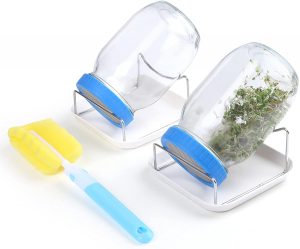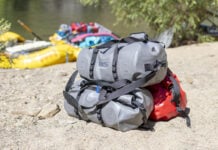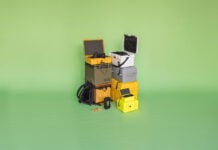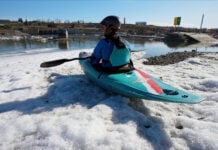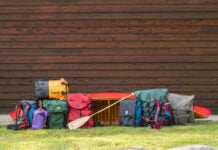Passion for adventure and enthusiasm to learn more about the Pacific Northwest coast is what’s motivating biologist Leo Mahlke and adventurer Rebecca Grim to kayak the Inside Passage from Salt Spring Island, British Columbia to Glacier Bay, Alaska.
The pair set out in May and will paddle more than 1,300 nautical miles.
Isolated and rugged stretches of coastline are not the only obstacles these two best friends will encounter. Along the way, Leo and Rebecca will be filming a documentary about the environmental issues affecting local ecosystems, wildlife and coastal communities. In their own words, the dynamic duo share with Paddling Magazine what they’re packing for their four-month voyage.
What To Pack For A Multi-Day Kayak Trip
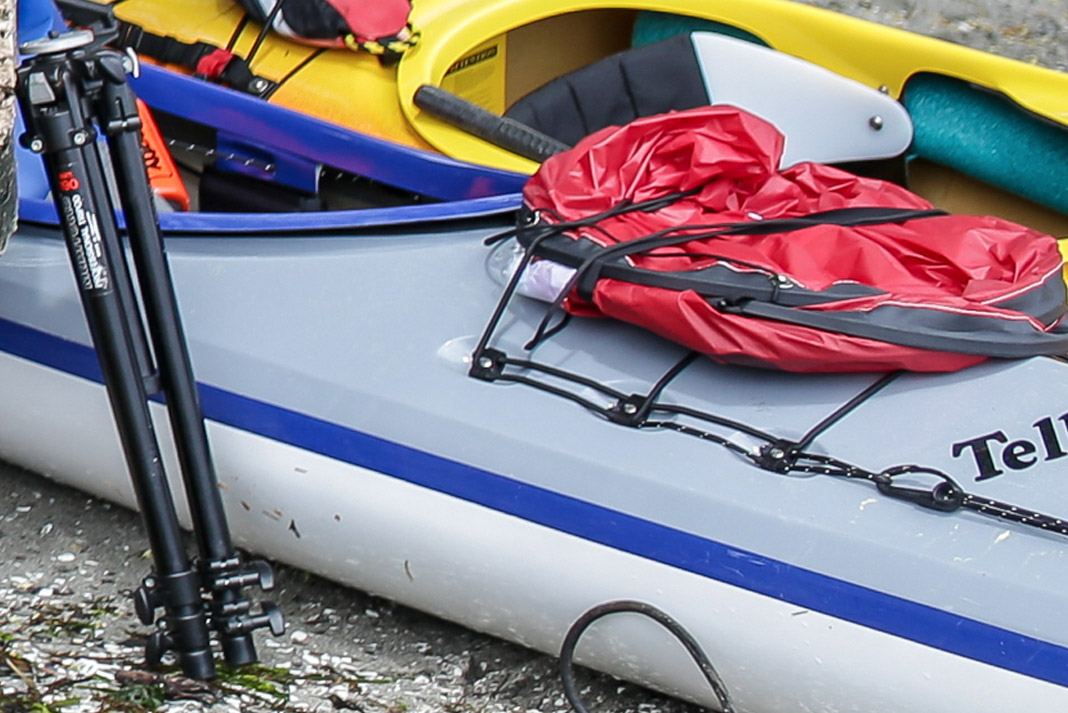
1Kayak Sails
When the strong southerly winds are at our back we set up our sails, then kick back and fly with the wind. We can travel up to eight miles per hour, giving us an opportunity to rest our arms and take in the scenery. When not in use, the sails are stored collapsed on our kayaks’ decks.
2
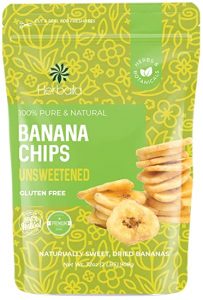
We’re both vegetarian and we started processing and drying plant-based meals for our expedition in January. We’ve spent a combined 75 hours dehydrating food. By dehydrating our own meals, we can reduce waste and eat more ethically. Our favorite snack is dried bananas. We have almost 400 bananas for our trip, weighing only 15 pounds.
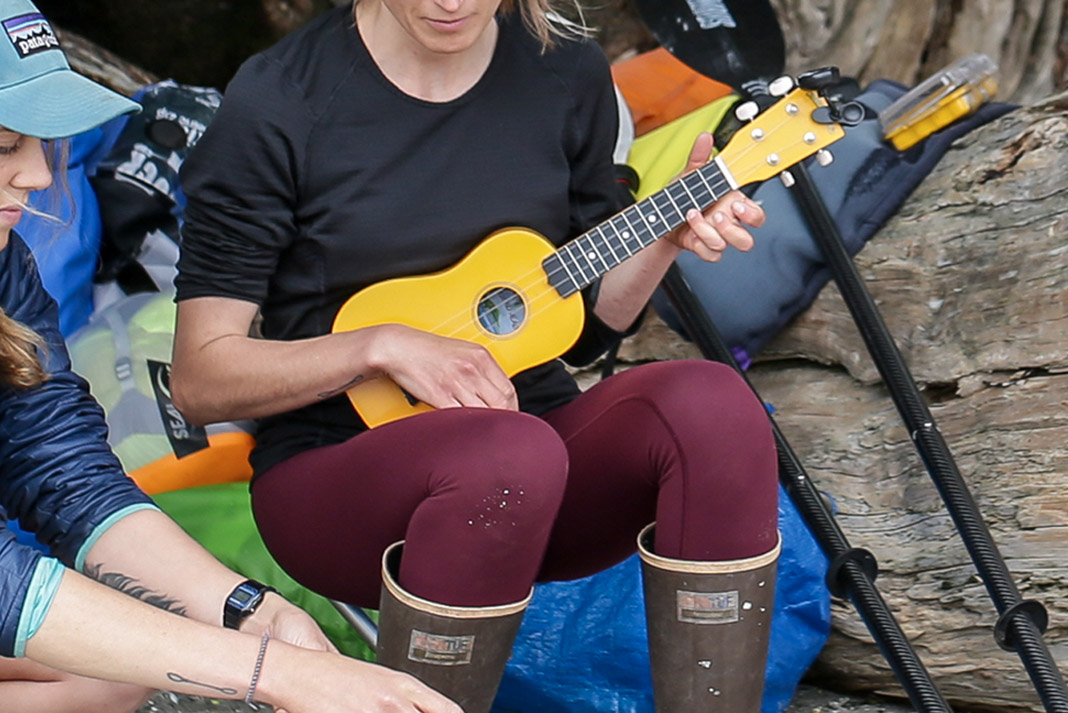
3 Ukulele
Last year, I carried a ukulele while hiking the Pacific Crest Trail, a 2,560-mile footpath crossing the United States, from the border of Mexico to the border of Canada. Leo played while she volunteered for the Alaska Whale Foundation on Baranof Island in the heart of southeast Alaska. Naturally, we packed one for this trip. Four months together will make us a harmonious duo—or at least keep the bears away.
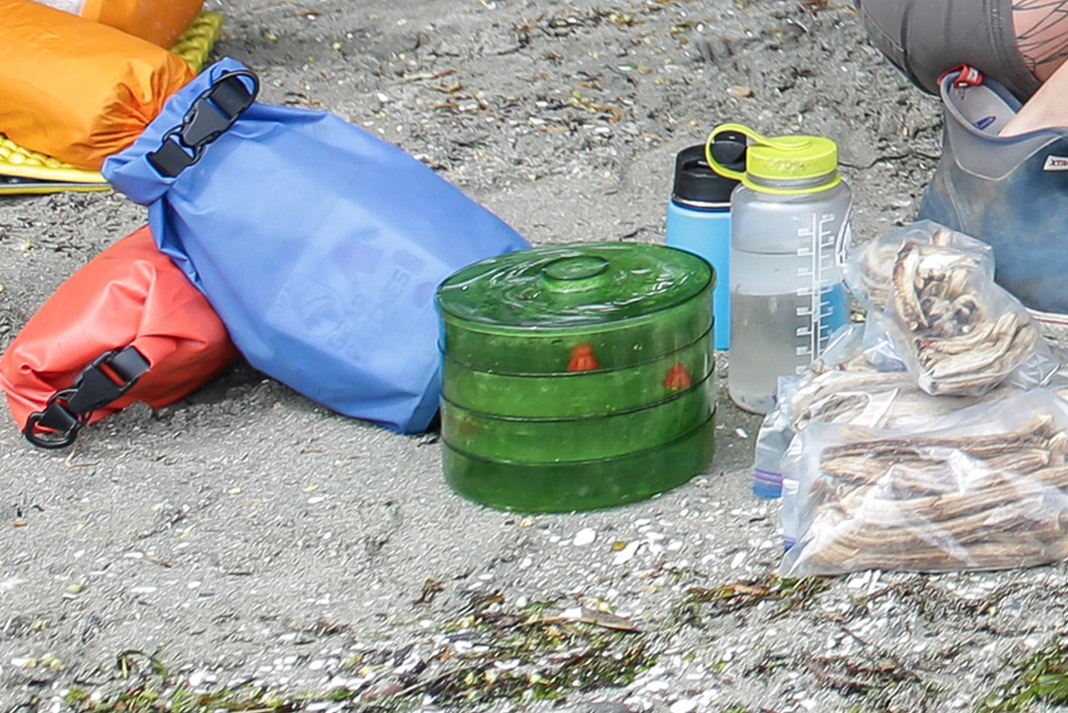
4  Sprouting Jar
Sprouting Jar
The longest stretch between resupply locations will be roughly two weeks. Growing sprouts en route ensures we always have fresh vegetables to add to wraps and toss on top of stews. Sprouts are a good source of fiber, protein and iron, and can be harvested every three to four days.
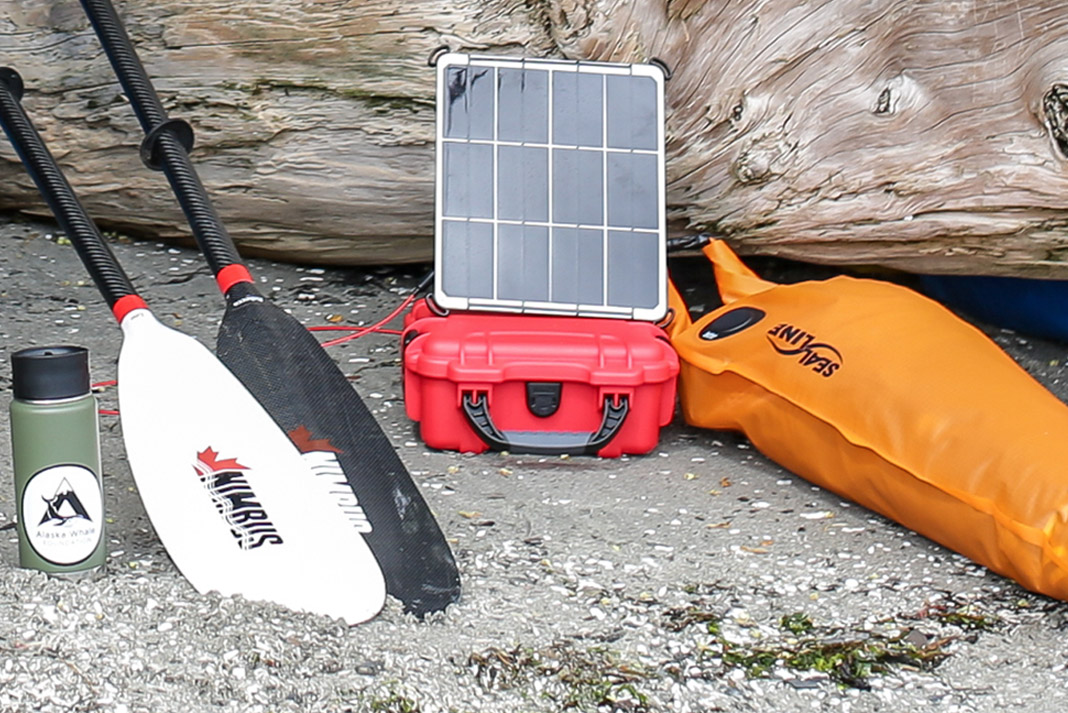
5 Solar Panels
Between GoPros, battery banks, an InReach Explorer and personal locator beacon, we have quite a few gadgets. This six-watt solar panel is durable and 100-percent waterproof. We leave it on our decks to charge all day as we paddle. We’re not relying on the panel for all our power, but it’s a nice boost when the sun comes out—even if it takes 12 hours to get a full charge.
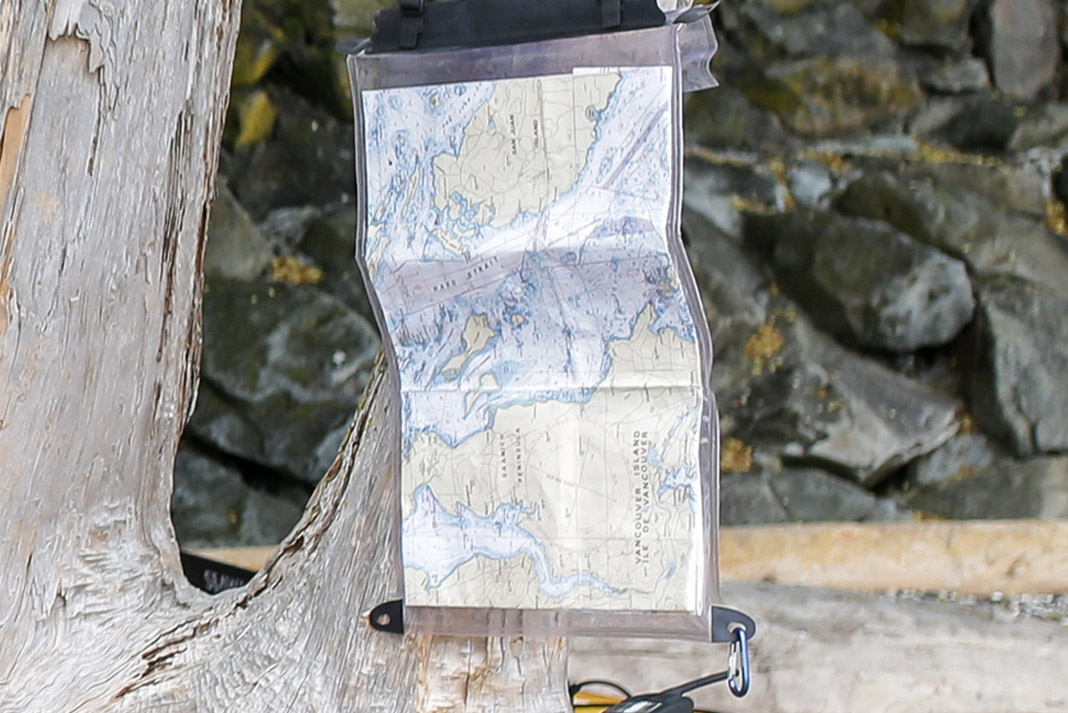
6 Charts
We love navigating with paper charts. We have GPS devices and Navionics on our phones as a backup. We’ve mailed the designated sections for each leg with our food resupplies so we don’t have to carry all 359-square feet of them the entire way. We store the charts in a waterproof tube, strapped to the kayaks when not in use.
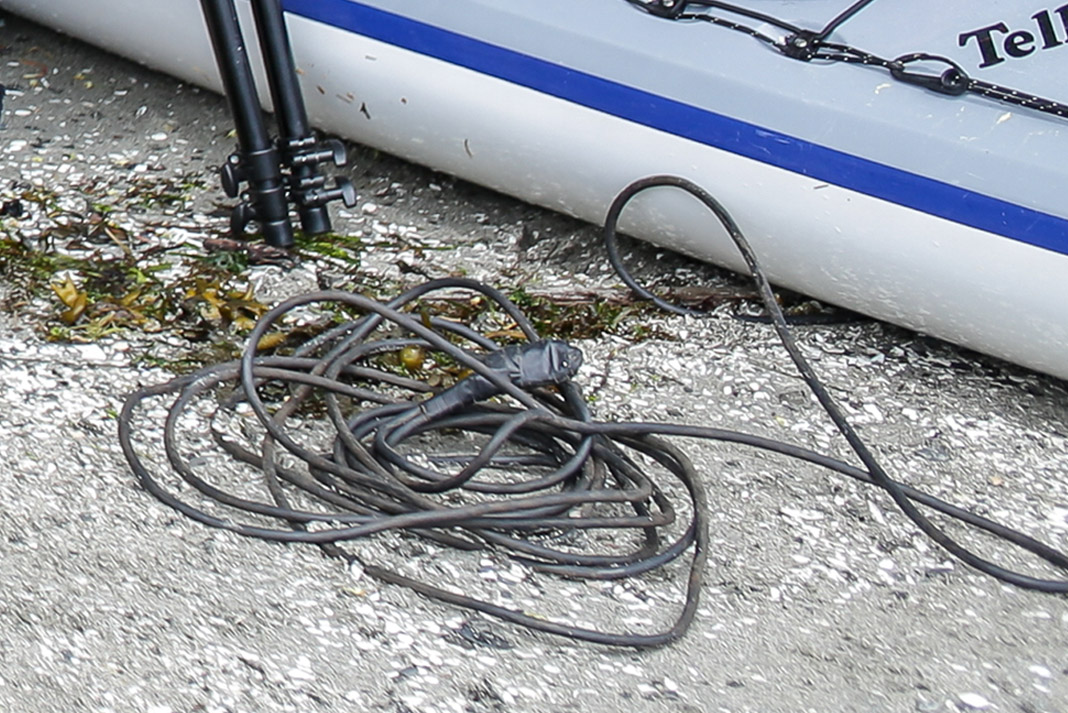
7 Hydrophone
Leo has been working in marine mammal research and conservation for more than seven years. Our hydrophone is a 380-gram underwater microphone and one of our luxury items. We’re paddling through prime habitat for killer whales and humpback whales, and with this device we can listen and record what is going on beneath us in a non-invasive way.



